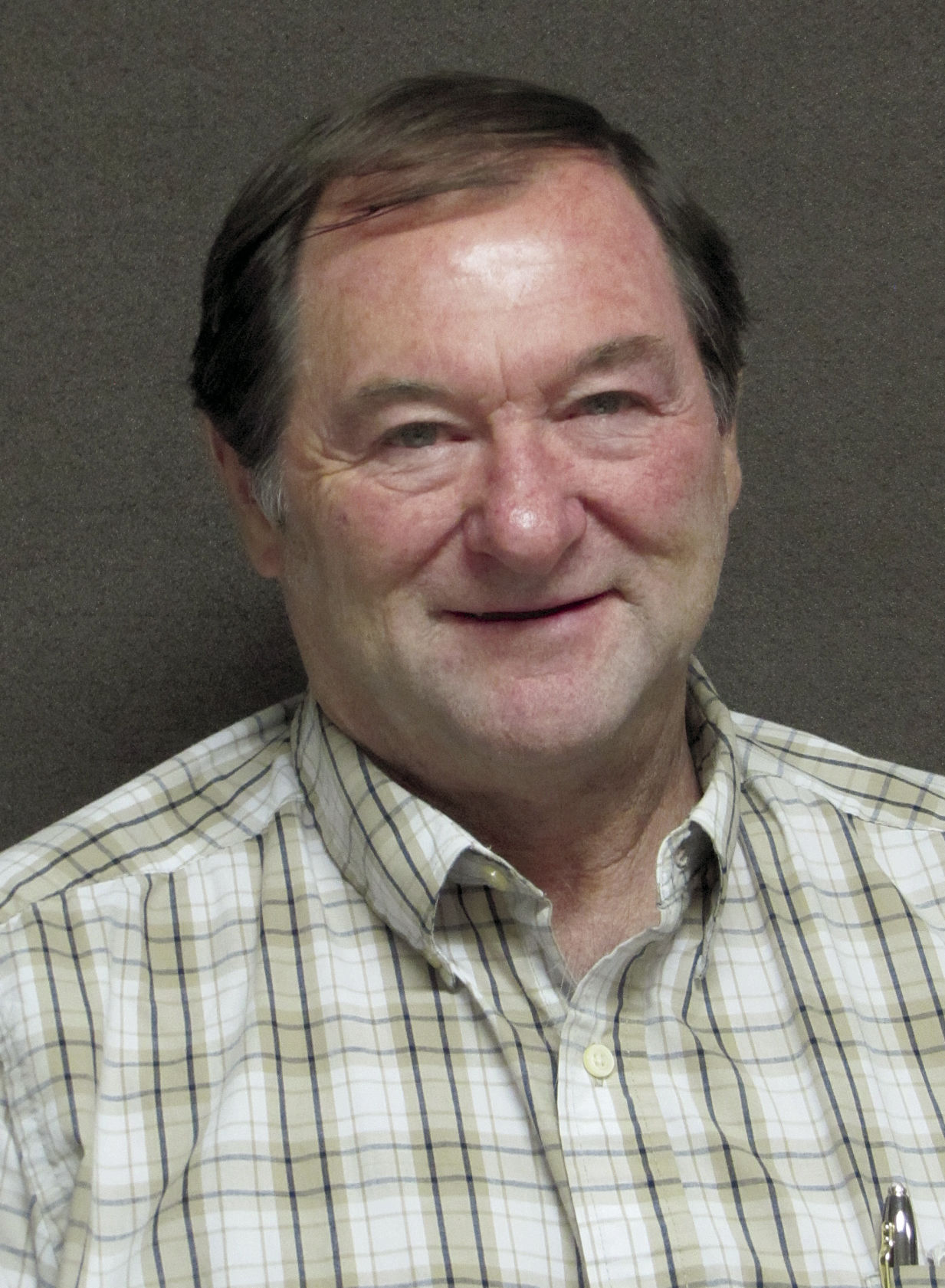Last week I spent a day with a friend of mine, who is basically confined to a wheelchair, as she went through a day of pain. Hopeful in the morning that a pain clinic she had an appointment with and which I was going to take her to could come up with a plan to help her, by the end of the day she was distraught and, as what is now usual for her, in a great deal of pain.
She has spent basically the last year trying to find someone who can help her with her excruciating back and leg problems. She has multiple health issues, so up to this point, she has not been able to find anyone who will do surgery on her to help her.
There are days when I talk to her on the phone, and sometimes when I see her in person, that she is at her wits’ end. No one can do anything except prescribe pain killers for her condition, because there isn’t much else they can do.
The problem now is they won’t.
While many abuse the very drugs that can help her alleviate her pain, seeming to be able to come up with multiple sources to keep their high and their habit going, a person like herself cannot get hardly anything to help with what is a painful condition.
The explanation? In our society’s drive to keep painkillers out of the hands of addicts and those who could become addicts, we have set aside the real reason these substances came into being in the first place to help people with chronic pain.
I have seen all the stories and heard all the reasons why we need to restrict these drugs. People get addicted easily, and many overdose so we have become more fearful of each substances existence and thus we have put pressure on those in medicine to stop providing these medications.
Upon visiting the pain clinic that day the doctor she saw basically told her that pain pills are not a long-term solution for her condition. He said that besides “the DEA” wouldn’t like him to give them out.
But the fact is, without any kind of long-term surgical solution, what else is there for her? Is she just supposed to suffer like this until the end? I don’t even want to think about when that will be, and certainly she wants to live. But in pain like she is, what kind of a quality of life is that?
When I am talking to her on the phone or physically with her, just like some of her other friends that I stay in touch with, we feel so helpless. Here is a smart, intelligent, well educated woman, who spent her life helping children for 35 years in one of the Salt Lake county school districts as a social worker, and she can’t even get help to relieve the great burden we call terrible pain.
I realize a lot of people get caught up in drugs through little fault of their own. Many started with some kind of chronic pain from an accident or condition and got hooked. But there is also a large segment of people who started using them just for a high. These people are selfish, not thinking of anyone but themselves.
They do a disservice to their friends, families and to society at large by making these kinds of drugs, through their actions, unavailable to those that really need them.
I admit I don’t understand the drug culture very well, probably much less than most people. But I have lost friends to it like everyone. Not many years ago I lost a young man who I loved as if he were a son, as he went from being a responsible and talented person, to falling back into a dark drug filled life that we all thought he had left behind years before. It is a black pit, the drug life. But still I cannot help but feel, watching those I know who somehow pull themselves out of it, that there is hope.
That hope cannot be paid for by the misery of those who need drugs to alleviate chronic pain.
Balancing medicine with drug abuse: The pain of it all

Rick Shaw
